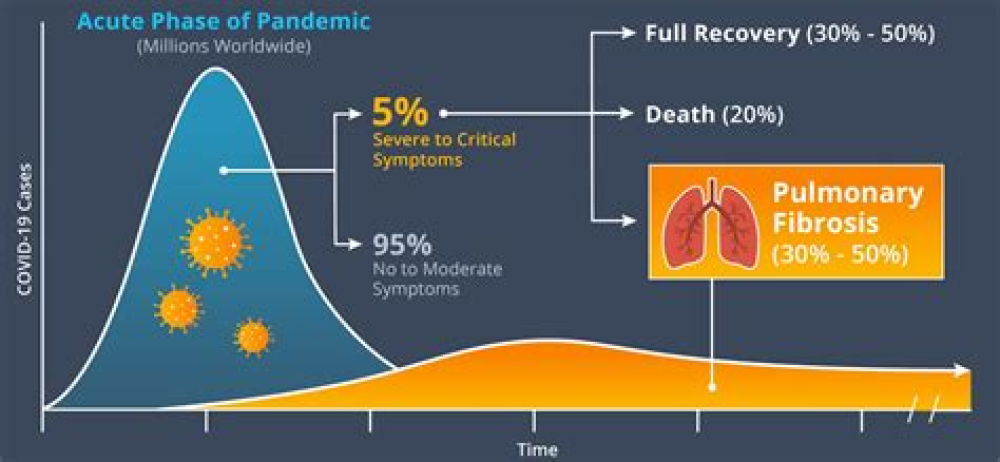Authors: Sandra Lopez-Leon, Talia Wegman-Ostrosky, Carol Perelman, Rosalinda Sepulveda, Paulina A. ebolledo,
Angelica Cuapio & Sonia Villapol
Abstract
COVID-19 can involve persistence, sequelae, and other medical complications that last weeks to months after initial recovery. This systematic review and meta-analysis aims to identify studies assessing the long-term effects of COVID-19. LitCOVID and Embase were searched to identify articles with original data published before the 1st of January 2021, with a minimum of 100 patients. For effects reported in two or more studies, meta-analyses using a random-effects model were performed using the MetaXL software to estimate the pooled prevalence with 95% CI. PRISMA guidelines were followed. A total of 18,251 publications were identified, of which 15 met the inclusion criteria. The prevalence of 55 long-term effects was estimated, 21 meta-analyses were performed, and 47,910 patients were included (age 17–87 years). The included studies defined long-COVID as ranging from 14 to 110 days post-viral infection. It was estimated that 80% of the infected patients with SARS-CoV-2 developed one or more long-term symptoms. The five most common symptoms were fatigue (58%), headache (44%), attention disorder (27%), hair loss (25%), and dyspnea (24%). Multi-disciplinary teams are crucial to developing preventive measures, rehabilitation techniques, and clinical management strategies with whole-patient perspectives designed to address long COVID-19 care.
Introduction
The severe acute respiratory syndrome coronavirus 2 (SARS-CoV-2) was detected in China in December 2019. Since then, more than 175 million people worldwide have been infected after a year, and over 3.8 million people have died from the coronavirus disease 2019 (COVID-19)1. Although unprecedented efforts from the scientific and medical community have been directed to sequence, diagnose, treat, and prevent COVID-19, individuals’ lasting effects after the acute phase of the disease are yet to be revealed.
The terminology has been confusing and not standardized. Different authors have used several terms to describe prolonged symptoms following COVID-19 illness, such as “Long COVID-19”, “post-acute COVID-19”, “persistent COVID-19 symptoms”, “chronic COVID-19”, “post-COVID-19 manifestations”, “long-term COVID-19 effects”, “post COVID-19 syndrome”, “ongoing COVID-19”, “long-term sequelae”, or “long-haulers” as synonyms. Most recently, the term “post-acute sequelae of SARS-CoV-2 infection” (PASC), “long-COVID-19”, and “post-acute COVID-19”, has been utilized2.
Symptoms, signs, or abnormal clinical parameters persisting two or more weeks after COVID-19 onset that do not return to a healthy baseline can potentially be considered long-term effects of the disease3. Although such alteration is mainly reported in severe and critical disease survivors, the lasting effects also occur in individuals with a mild infection who did not require hospitalization4. However, it has not yet been established how sex, gender, age, ethnicity, underlying health conditions, viral dose, or progression of COVID-19 significantly affect the risk of developing long-term effects of COVID-195.
Since first reported, there has been a vast amount of social media patient groups, polls, comments, and scientific articles aiming to describe the chronicity of COVID-19. In parallel, hundreds of scientific publications, including cohorts studying specific effects of the disease and lists of case reports, have been described6. However, a broad overview of all the possible longstanding effects of COVID-19 is still needed. Therefore, our study aimed to perform a systematic review and meta-analysis of peer-reviewed studies to estimate the prevalence of all the symptoms, signs, or abnormal laboratory parameters extending beyond the acute phase of COVID-19 reported to date.
For More Information: https://www.nature.com/articles/s41598-021-95565-8
